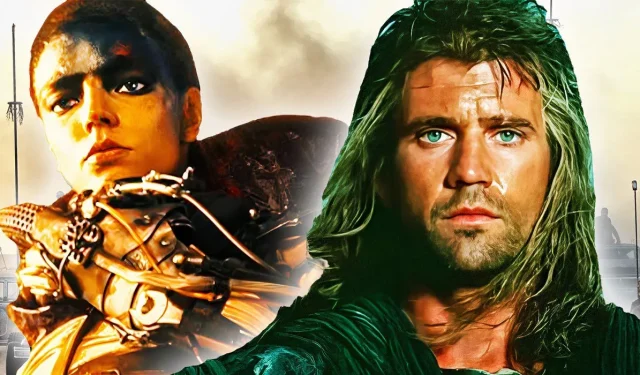
The recent underperformance of Furiosa at the box office may, paradoxically, pave the way for a more innovative direction for the Mad Max franchise: a potential television series. Since its inception by George Miller in 1979, the apocalyptic universe has expanded through five films. The character of Max Rockatansky, first brought to life by Mel Gibson, reemerged in 2015’s Mad Max: Fury Road, portrayed by Tom Hardy, revitalizing interest in the franchise and hinting at further narratives in the wasteland.
After the massive success of Fury Road, Miller turned his focus to Furiosa, a character introduced in the previous film. This spin-off explores her tumultuous backstory, highlighting her kidnapping by the warlord Immortan Joe. Though the film received favorable reviews, it failed to make a significant impact at the box office, raising questions about the franchise’s future.
Exploring the Mad Max Universe on Television
Television: An Ideal Medium for Mad Max
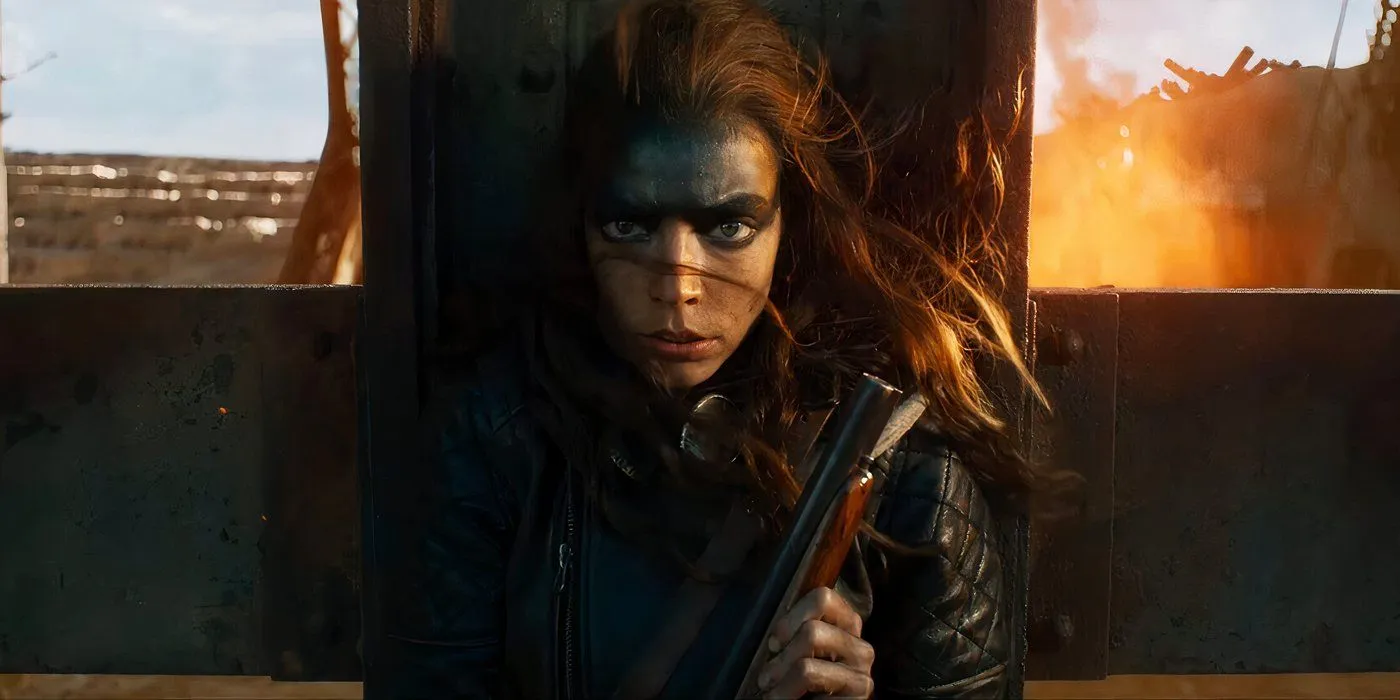
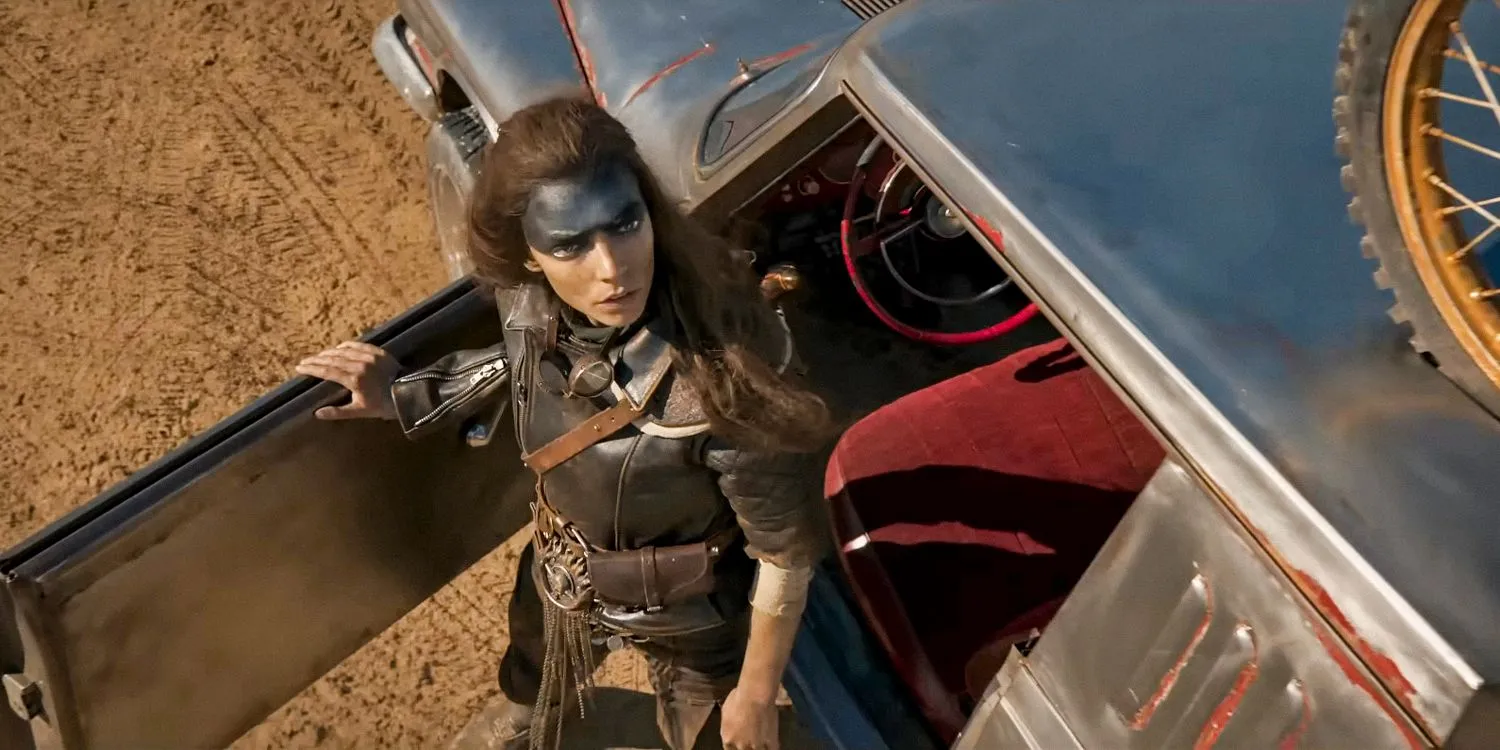
The critical acclaim and box office results of Mad Max: Fury Road demonstrated a resurrected interest in the franchise, which had lain dormant for three decades. This anticipation prompted the green lighting of Furiosa, yet it grossed only $173 million against a $168 million budget (according to Box Office Mojo), leaving the franchise’s future in doubt.
| Mad Max Movies | Rotten Tomatoes Score |
|---|---|
| Mad Max (1979) | 90% |
| Mad Max: The Road Warrior (1981) | 93% |
| Mad Max Beyond Thunderdome (1985) | 81% |
| Mad Max: Fury Road (2015) | 97% |
| Furiosa: A Mad Max Saga (2024) | 90% |
Prior to Furiosa’s box office slump, Miller was developing a sixth installment titled Mad Max: The Wasteland, but the film’s prospects are now uncertain. This situation hints at a possible pivot towards a television adaptation—a concept Miller had considered as far back as the 1990s.
The Abandoned 1995 Mad Max TV Show Project
Reasons Behind the 1995 TV Show Cancellation
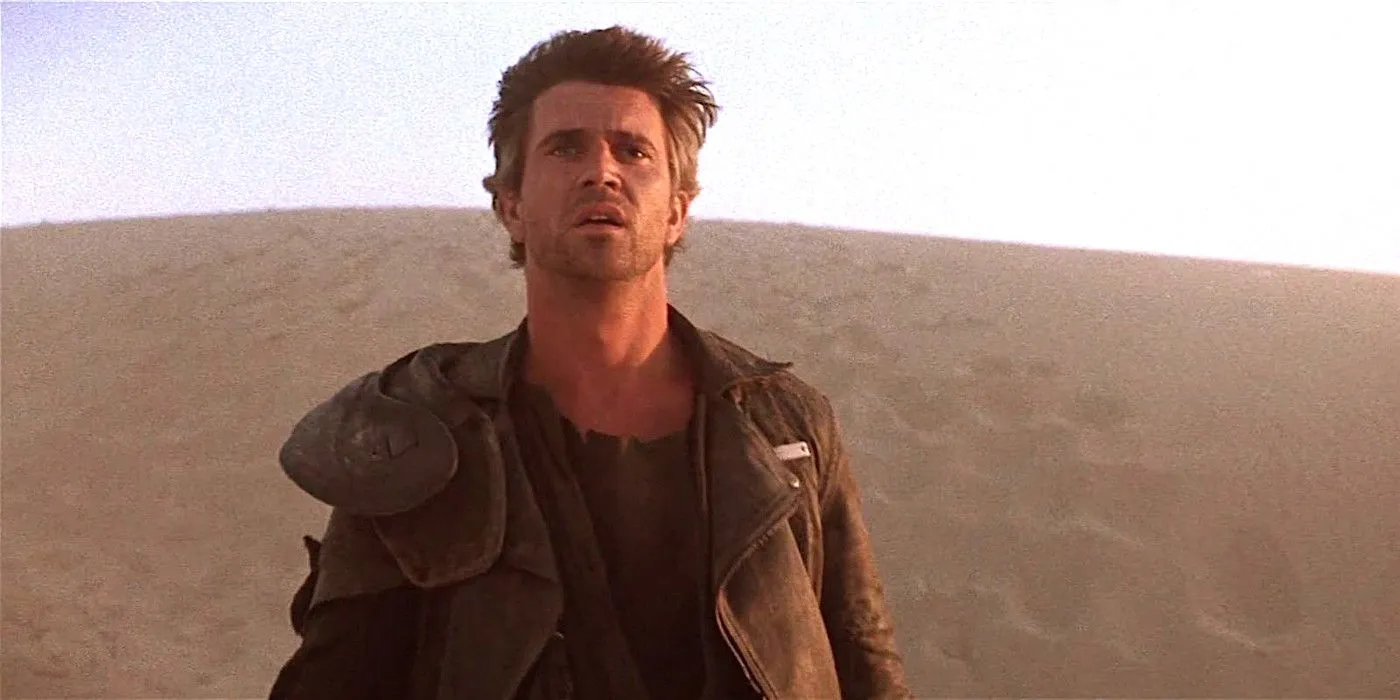
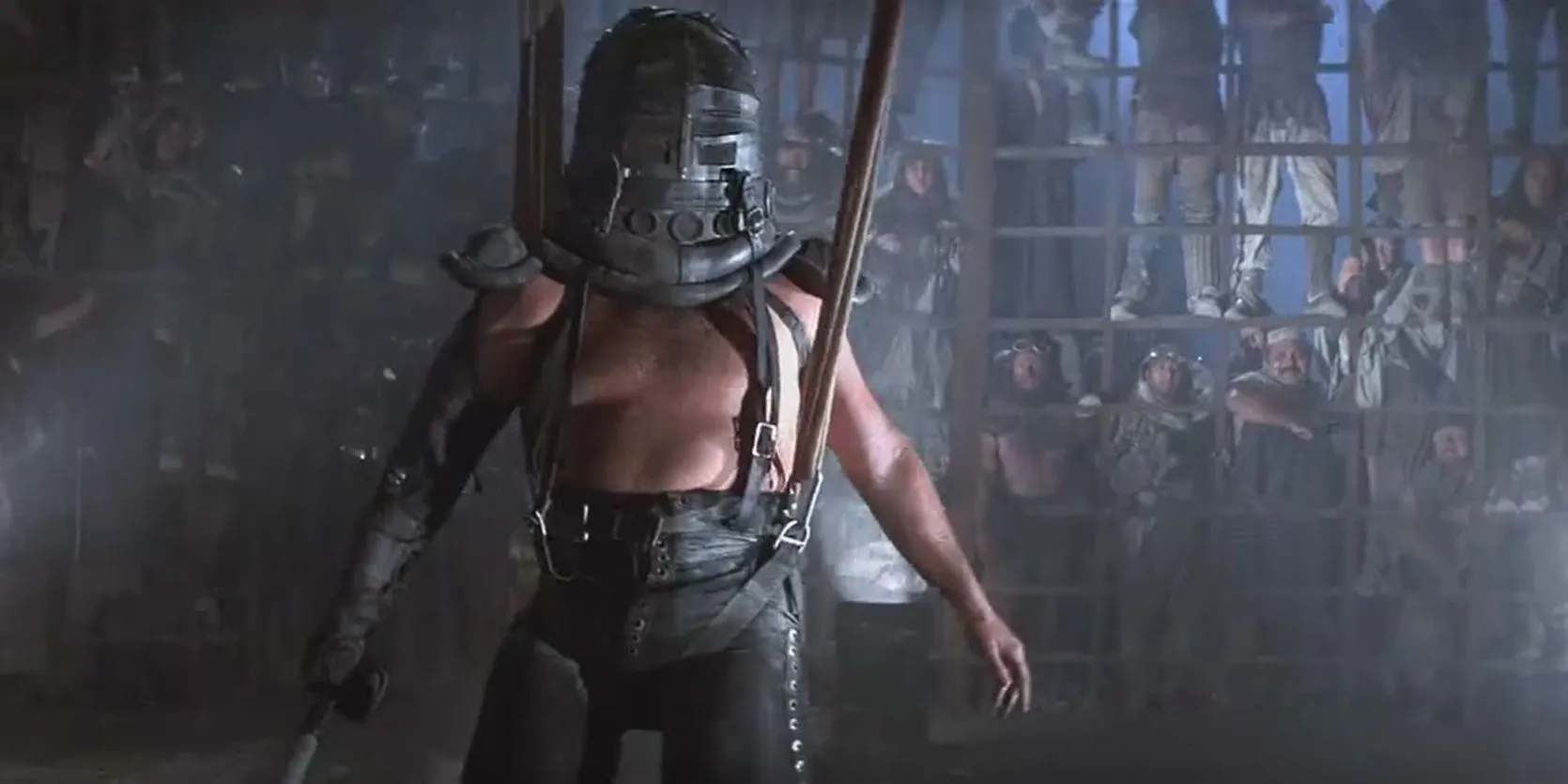
Despite the remarkable success of the initial Mad Max films, the third installment, Mad Max Beyond Thunderdome, encountered mixed reviews. With Mel Gibson’s surging Hollywood career leading to a packed schedule, Miller took a hiatus from the franchise that extended three decades. However, during the 90s, Warner Bros. discussed developing a television series, recognizing the potential of Mad Max as a long-form narrative.
At the time, Miller was intrigued by the concept but hesitant to commit. Although he eventually began collaborating with Eric Blakeney, the showrunner of 21 Jump Street, and considered the project, concerns about the graphic nature of the story ultimately led him to abandon the endeavor. Interestingly, this collaboration paved the way for future successful partnerships, including co-writing Fury Road with comic artist Brendan McCarthy.
Miller’s Expanded Vision for Mad Max
More Stories to Explore in the Mad Max Universe
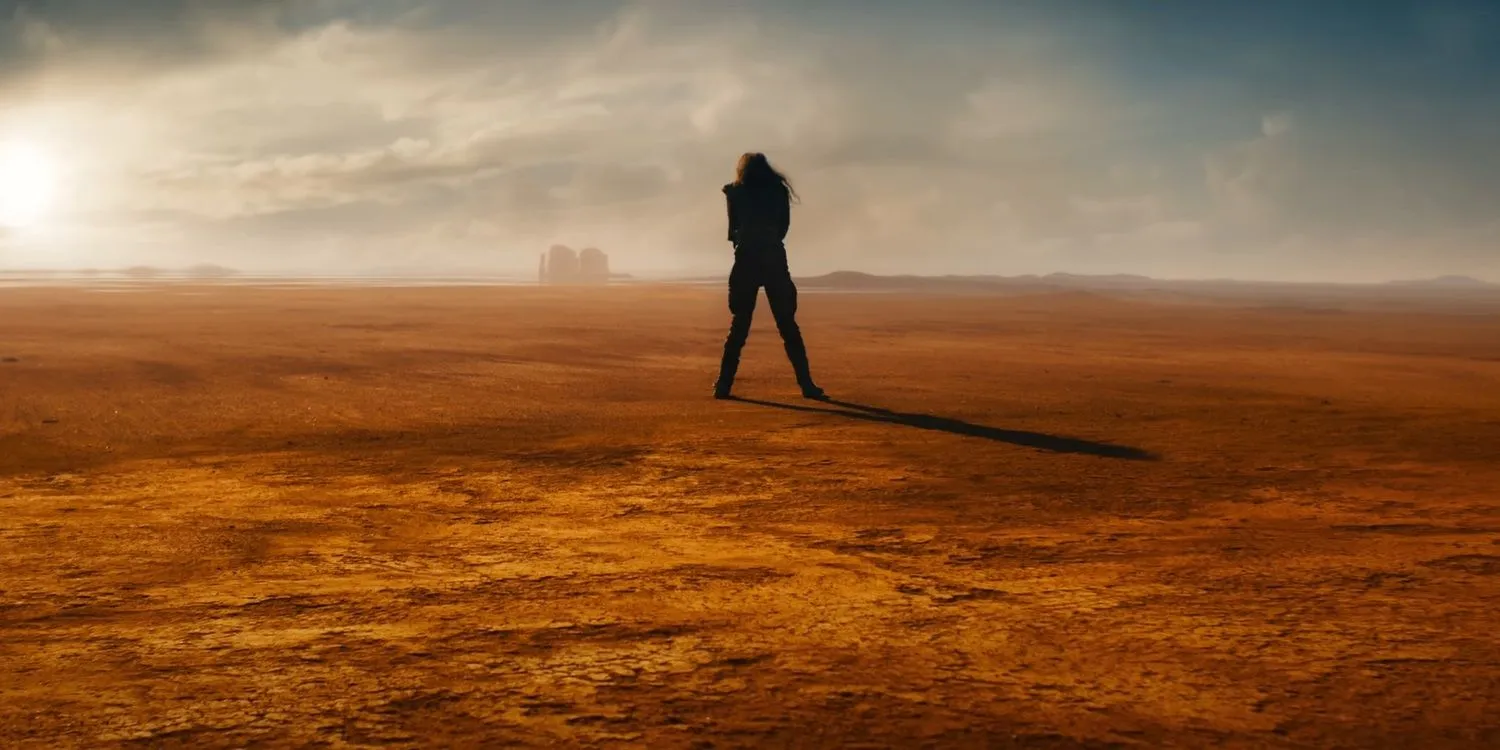
Although Miller lacked the motivation to pursue the TV project in the 90s, his return with Fury Road showcased his continued passion for the franchise. Following the momentous reception of Fury Road, his dedication to the world of Mad Max indicates a wealth of untold stories that could still engage audiences. Besides planning a potential sixth movie, titled The Wasteland, Miller has also contributed to comic book narratives set in the Mad Max universe, enriching the lore and the wasteland setting familiar to fans.
It would be a considerable loss if Miller’s cinematic storytelling within the Mad Max series ceased entirely, especially considering the compelling narratives waiting to be explored.
Could Mad Max Evolve into a Series?
The Exciting Potential of a Mad Max TV Show
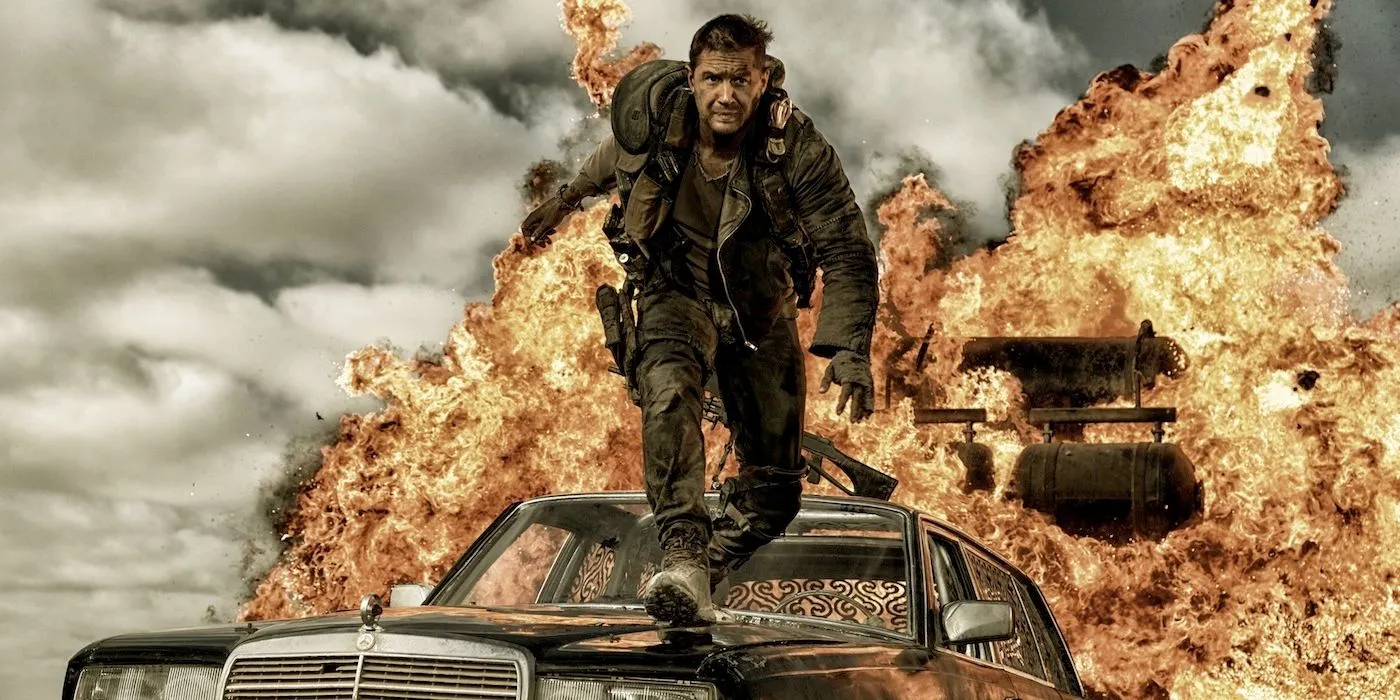
While the lack of a Mad Max: The Wasteland film might be disappointing, transitioning the franchise to television could prove advantageous. A series could allow for Max’s return to the screen, whether through Hardy’s reprisal or a new actor stepping into the role. This format would enable much deeper character exploration, allowing audiences to connect with Max more profoundly than in the films.
Moreover, Miller’s evident interest in character-driven stories, as seen with Furiosa, could be further developed in a TV setting. A series would lend itself to episodic storytelling, giving room for diverse character arcs while enriching the overarching narrative of the Mad Max universe. The potential for a Mad Max television show could unlock a myriad of storytelling opportunities that leave viewers eagerly anticipating what comes next.




Leave a Reply